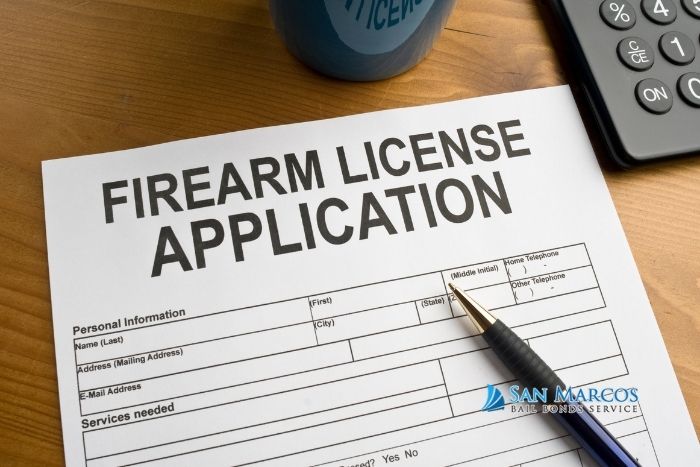Graduation Parties and Minor’s Drinking in California
Finally! It’s graduation season. For many students and parents, this is a day they’ve been waiting for their entire lives. They’re finally putting high school behind themselves once and for...
10 May, 2022
/ 0 Comments



